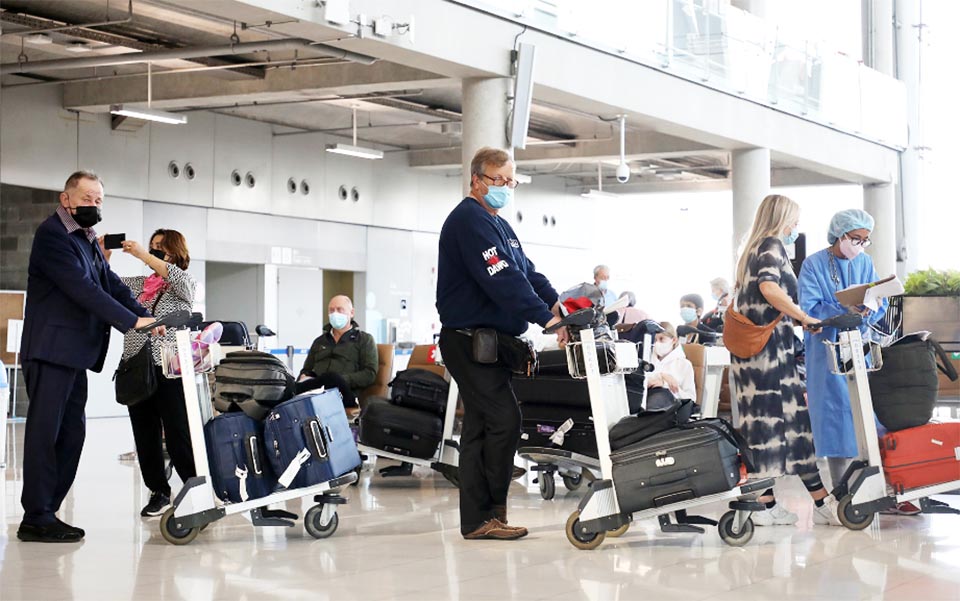
After much debate earlier in the week, the Thai prime minister has finally decided that all visitors must be isolated for several hours pending the result of their compulsory virus test. Under the "test and go" provisions of Thailand Pass, citizens of 63 countries must advance-book an approved hotel in Bangkok or Pattaya which will take responsibility for their transport and RT-PCR health check. Typically, the result takes between 10 and 15 hours and guests must remain in their pre-booked room during that time.
General Prayut Chan-ocha, the prime minister, said that the government had planned to abolish the PCR test and confined hotel stay in favor of an on-arrival antigen test kit, or ATK. This latter test takes only a few minutes to produce a result and would allow visitors to bypass the hotel regulation. However, the appearance last week end of the Omicron virus mutant had caused the government to cancel their plans and resume the hotel quarantine policy which has been in operation since November 1.
Deputy public health minister Sathit Pitutecha said the revamped policy would be revisited in a few weeks as more information becomes availableabout the latest public health scare. In the meantime, flights from eight southern African countries had been banned and Thailand Pass approvals withdrawn. Omicron was first notified by South Africa, although medics are stressing it could have its origin outside Africa.
Meanwhile, the Tourism Authority of Thailand is advising prospective tourists to book their one-night hotel package only through approved ASQ websites. There have been cases of unscrupulous hotels charging hidden extras for transport, the PCR test and meals. The Ministry of Health is also reminding air passengers that they must have in their possession the negative result of a PCR test taken in the country of departure less than 72 hours before the flight departure. Otherwise they will be refused boarding.
The World Health Organization said that the new virus mutant was comparatively easy to track and trace at airports, but much more difficult to control at land frontiers where security is often more lax. Later this month, Thailand intends to open some of its border crossing points with both Laos and Cambodia, mainly for the transport of goods and the transit of market stall holders and sugar cane cutters. At press time, there had been no formal announcement about foreign tourists and visa runners taking advantage of the raising of the barriers. Thailand closed all its land border posts in March 2020.
